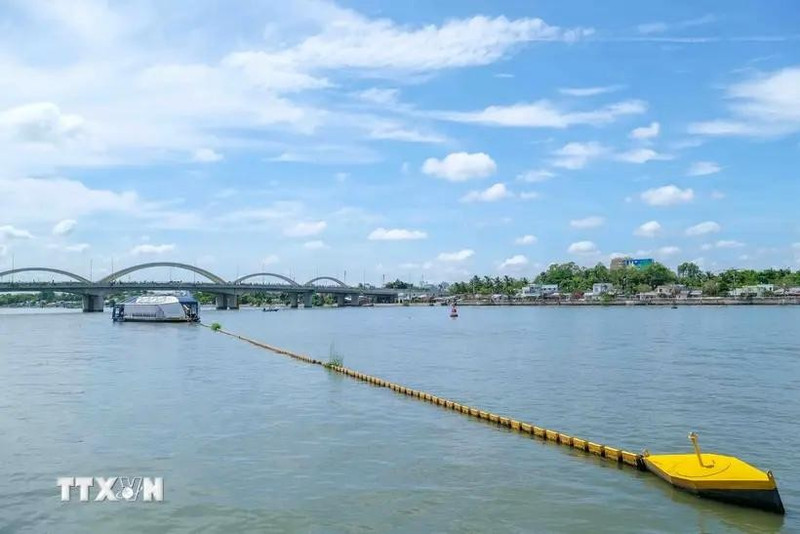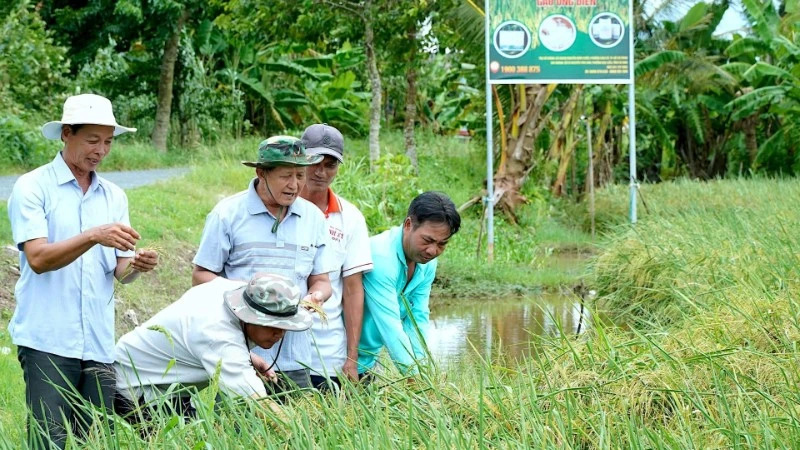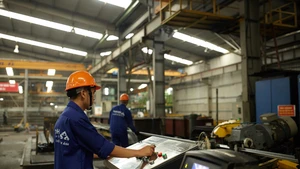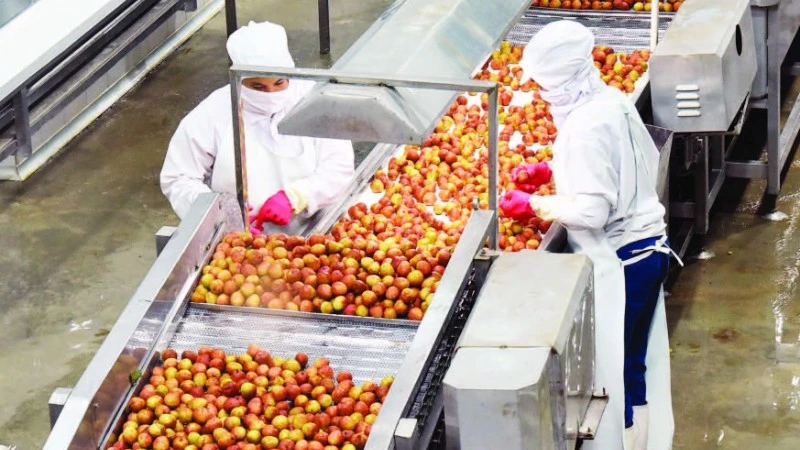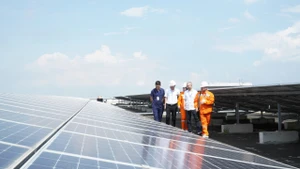The funding from Clear Rivers will be used to deploy trash collection equipment and design a recycling programme with the involvement of the local community, thereby helping to improve the plastic waste collection and management system in Can Tho. The activity will be carried out on Cai Khe canal in An Nghiep ward of Ninh Kieu district from May 2024 to June 2025.
The municipal Department of Natural Resources and Environment was assigned to coordinate with Clear Rivers and relevant agencies to allocate the aid and ensure its efficiency.
At an earlier working session with the Can Tho People's Committee, a representative of Clear Rivers said the waste collection system includes a litter trap operating automatically without fuel to collect waste floating on the river into a bag.
The trap, 5.6m long, 2.3m wide and 2.4m high, will be cleaned by Clear Rivers staff twice a week, he said, adding that the collected plastic waste will be reused sustainably in accordance with a circular economy model.
Clear Rivers successfully produced many reusable products from plastic waste on rivers, including floating parks, furniture, and construction materials, he noted.
In April 2022, The Ocean Cleanup, a non-profit environmental engineering organisation based in the Netherlands, also handed over Interceptor 003, an automatic trash collection barge, to Can Tho city.
Invented by the organisation, the solar-powered barge can collects over 10 tonnes of waste on Can Tho River each month, not only helping to protect the environment but also contribute to local socio-economic development and river tourism.
